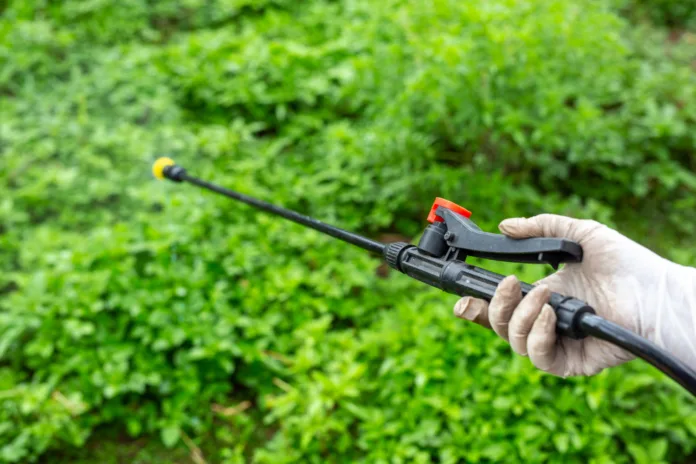Philadelphia jury unanimously rules roundup as defective cancer-causing product
In a historic decision, Monsanto, now under the umbrella of Bayer, has been ordered to pay a staggering $2.25 billion after a Philadelphia jury concluded that the widely-used weed killer Roundup was a defective product causing cancer. The plaintiff, John McKivison, diagnosed with non-Hodgkin’s lymphoma, emerged victorious in the trial, sparking widespread repercussions for the agricultural giant.
Having used Roundup on his property for two decades, McKivison claimed the herbicide was responsible for his cancer. The jury ruled that Roundup was a “defective cancer-causing product,” Monsanto was negligent, and the company failed to warn about the dangers of the glyphosate-based weed killer.
Attorneys Tom Kline and Jason Itkin, representing McKivison, stated, “The jury’s unanimous verdict was a condemnation of 50 years of misconduct by Monsanto and a declaration that its misconduct was in reckless disregard of human safety and a substantial cause of John McKivison’s cancer.”
Embed from Getty ImagesThe verdict includes $250 million in compensatory damages and a substantial $2 billion in punitive damages, marking a resounding statement against Monsanto and Bayer.
Bayer, in response, expressed disagreement with the jury’s decision, asserting that it conflicts with scientific evidence and global regulatory assessments. The company plans to appeal, emphasizing its confidence in the safety of Roundup when used appropriately.
Despite ongoing concerns and numerous lawsuits surrounding Roundup, Monsanto has continued to sell the product, one of the most widely used weedkillers in the US. Bayer has already paid out over $10 billion in settlements, with more than 50,000 claims still pending in the US.
The verdict sends shockwaves through the agricultural industry, raising questions about the safety and accountability of widely-used herbicides.
